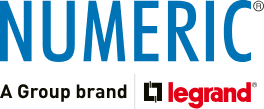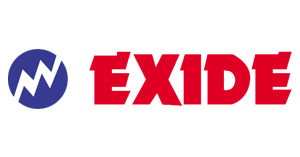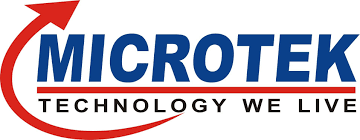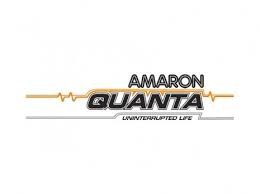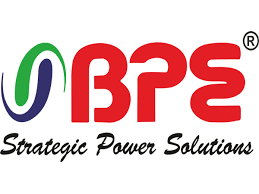Products

Solar Products - Key Features
Solar products are devices or systems that harness energy from the sun to generate electricity or heat. They are a key component of renewable energy solutions, offering sustainable and eco-friendly alternatives to traditional energy sources. Solar products are widely used in residential, commercial, and industrial applications.
Key Features of Solar Products:
- Renewable Energy Source: Utilizes sunlight, a clean and inexhaustible energy source.
- Eco-Friendly: Reduces carbon footprint and greenhouse gas emissions.
- Energy Independence: Provides off-grid or grid-tied power solutions, reducing reliance on fossil fuels.
- Low Maintenance: Solar products, such as solar panels, require minimal maintenance once installed.
- Scalability: Systems can be scaled up or down depending on energy needs.
- Durability: Designed to withstand harsh weather conditions, including rain, wind, and UV exposure.
- Cost Savings: Reduces electricity bills over time by generating free energy from the sun.
- Modular Design: Allows for easy expansion of solar systems as energy needs grow.
- Government Incentives: Many regions offer tax credits, rebates, and incentives for solar installations.
- Versatility: Can be used for a wide range of applications, from small portable devices to large-scale power plants.
Types of Solar Products:
- Solar Panels: Convert sunlight into electricity using photovoltaic (PV) cells. Used in residential, commercial, and industrial solar systems.
- Solar Inverters: Convert the DC electricity generated by solar panels into AC electricity for use in homes and businesses.
- Solar Batteries: Store excess solar energy for use during nighttime or cloudy days.
- Solar Water Heaters: Use solar energy to heat water for domestic or industrial use.
- Solar Lights: Outdoor lighting systems powered by solar energy, commonly used for gardens, streets, and pathways.
- Solar Chargers: Portable devices that charge batteries or electronic devices using solar energy.
- Solar-Powered Fans: Fans that operate using solar energy, ideal for ventilation in off-grid areas.
- Solar-Powered Pumps: Used for irrigation, water supply, and other applications in remote locations.
- Solar Generators: Portable power stations that use solar energy to provide electricity for emergencies or outdoor activities.
- Solar Roof Tiles: Building-integrated photovoltaic (BIPV) products that replace traditional roofing materials while generating electricity.
Typical Use Cases:
- Residential: Solar panels and solar water heaters for homes to reduce electricity bills and carbon footprint.
- Commercial: Solar systems for offices, malls, and factories to lower operational costs and meet sustainability goals.
- Industrial: Large-scale solar farms to generate electricity for industrial operations.
- Agriculture: Solar-powered pumps and irrigation systems for farming in remote areas.
- Rural Electrification: Solar products provide electricity to off-grid and remote communities.
- Emergency Power: Solar generators and portable solar chargers for disaster relief and outdoor activities.
- Transportation: Solar-powered vehicles, charging stations, and streetlights.
Advantages:
- Sustainability: Reduces reliance on fossil fuels and promotes clean energy.
- Cost-Effective: Long-term savings on electricity bills and low operating costs.
- Low Maintenance: Solar products require minimal upkeep compared to traditional energy systems.
- Energy Security: Provides a reliable and independent energy source.
- Job Creation: Boosts the renewable energy sector and creates employment opportunities.
Limitations:
- Initial Cost: High upfront investment for solar panels and installation.
- Weather Dependency: Solar energy generation depends on sunlight availability, which varies by location and weather conditions.
- Space Requirements: Solar panels require significant space for installation.
- Energy Storage: Batteries are needed to store excess energy, adding to the overall cost.
- Efficiency: Solar panels have limited efficiency (typically 15-22%) in converting sunlight to electricity.
Summary:
Solar products are a cornerstone of renewable energy solutions, offering sustainable, eco-friendly, and cost-effective alternatives to traditional energy sources. From solar panels and inverters to solar lights and generators, these products are versatile and widely used in residential, commercial, and industrial applications. While they have some limitations, such as high initial costs and weather dependency, the long-term benefits of solar products make them a key component of the global transition to clean energy.
